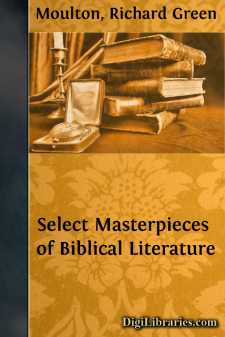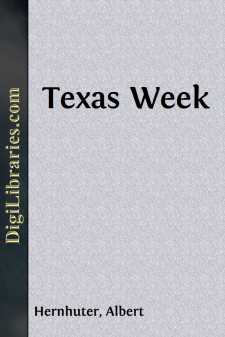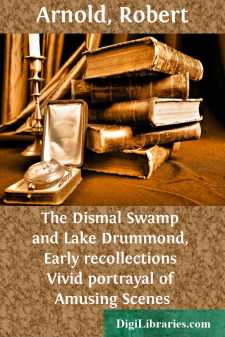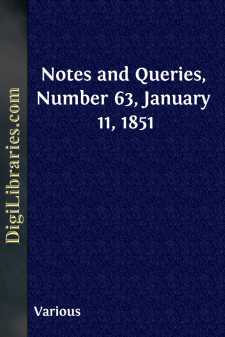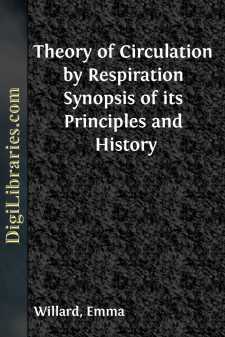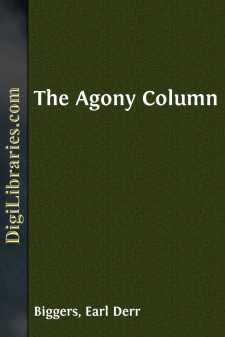Categories
- Antiques & Collectibles 13
- Architecture 36
- Art 48
- Bibles 22
- Biography & Autobiography 813
- Body, Mind & Spirit 142
- Business & Economics 28
- Children's Books 17
- Children's Fiction 14
- Computers 4
- Cooking 94
- Crafts & Hobbies 4
- Drama 346
- Education 46
- Family & Relationships 57
- Fiction 11829
- Games 19
- Gardening 17
- Health & Fitness 34
- History 1377
- House & Home 1
- Humor 147
- Juvenile Fiction 1873
- Juvenile Nonfiction 202
- Language Arts & Disciplines 88
- Law 16
- Literary Collections 686
- Literary Criticism 179
- Mathematics 13
- Medical 41
- Music 40
- Nature 179
- Non-Classifiable 1768
- Performing Arts 7
- Periodicals 1453
- Philosophy 64
- Photography 2
- Poetry 896
- Political Science 203
- Psychology 42
- Reference 154
- Religion 513
- Science 126
- Self-Help 84
- Social Science 81
- Sports & Recreation 34
- Study Aids 3
- Technology & Engineering 59
- Transportation 23
- Travel 463
- True Crime 29
Sort by:
Introduction That which we call 'The Bible' has the outward appearance of a book: in reality it is—what the word 'bible' implies in the original Greek—a whole library. More than fifty books, the production of a large number of different authors, representing periods of time extending over many centuries, are all comprehended between the covers of a single volume. There is no...
more...
by:
Albert Hernhuter
The slick black car sped along the wide and straight street. It came to a smooth stop in front of a clean white house. A man got out of the car and walked briskly to the door. Reaching out with a pink hand, he pressed the doorbell with one well-manicured finger. The door was answered by a housewife. She was wearing a white blouse, a green skirt and a green apron trimmed with white. Her feet were tucked...
more...
ACT I SCENE: The market-place of Hamelin. Right, the Minster, with an open shrine (right centre) containing a large sculptured figure of the Christ. Right, farther front, the house of KURT; and other narrow house-fronts. Left, the Rathaus, and (down) the home of JACOBUS. Front, to left and right, are corner-houses with projecting stories and casement windows. At the centre rear, a narrow street leads...
more...
by:
Robert Arnold
CHAPTER I. DESCRIPTION AND SITUATION OF THE SWAMP—WASHINGTON THE OWNER. The Dismal Swamp, of which but little is known, is a large body of dense woods, being situated and laying in Nansemond county, Virginia, and the county of Gates, in North Carolina. It contains, by survey, about 100,000 acres. I have been told by H. E. Smith, Esq., our county treasurer, that 45,000 acres were listed in the county...
more...
by:
Various
NOTES. THE BREECHES, OR GENEVA BIBLE. Of this, the most popular edition of the Scriptures in the reign of Queen Elizabeth, we meet continually with erroneous opinions of its rarity, and also of its value, which the following brief statement may tend in a degree to correct. The translation was undertaken by certain reformers who fled to Geneva during the reign of Queen Mary; and is attributed to W....
more...
CHAPTER I "Hallo! Is that Hampstead Police Station?" "Yes. Who are you?" "Detective-Inspector Chippenfield of Scotland Yard. Tell Inspector SeldonI want him, and be quick about it." "Yes, sir. Hang on, sir. I'll put you through to him at once." Detective-Inspector Chippenfield, of Scotland Yard, waited with the receiver held to his ear. While he waited he...
more...
I. THE GROCER OF WOOD-STREET AND HIS FAMILY. One night, at the latter end of April, 1665, the family of a citizen of London carrying on an extensive business as a grocer in Wood-street, Cheapside, were assembled, according to custom, at prayer. The grocer's name was Stephen Bloundel. His family consisted of his wife, three sons, and two daughters. He had, moreover, an apprentice; an elderly female...
more...
by:
Emma Willard
SECTION I. First step in the discovery—Animal Heat the product of Respiration. Second step—Heat evolved in the lungs by Respiration there produces Expansion. Third step—Expansion; implied motion, which from the organism must conduct the blood to the left ventricle of the Heart. Theory imperfect, until the formation of sufficient vapor or steam in the lungs is perceived and acknowledged. To...
more...
by:
Various
THE NEW GYMNASTICS. Physical culture is on the top of the wave. But the movement is as yet in the talk stage. Millions praise the gymnasium; hundreds seek its blessings. Similar incongruities make up the story of human life. But in this case inconsistency is consistent. Evidences of physical deterioration crowd upon us. Fathers and mothers regard their children with painful solicitude. Not even...
more...
CHAPTER I London that historic summer was almost unbearably hot. It seems, looking back, as though the big baking city in those days was meant to serve as an anteroom of torture—an inadequate bit of preparation for the hell that was soon to break in the guise of the Great War. About the soda-water bar in the drug store near the Hotel Cecil many American tourists found solace in the sirups and creams...
more...


